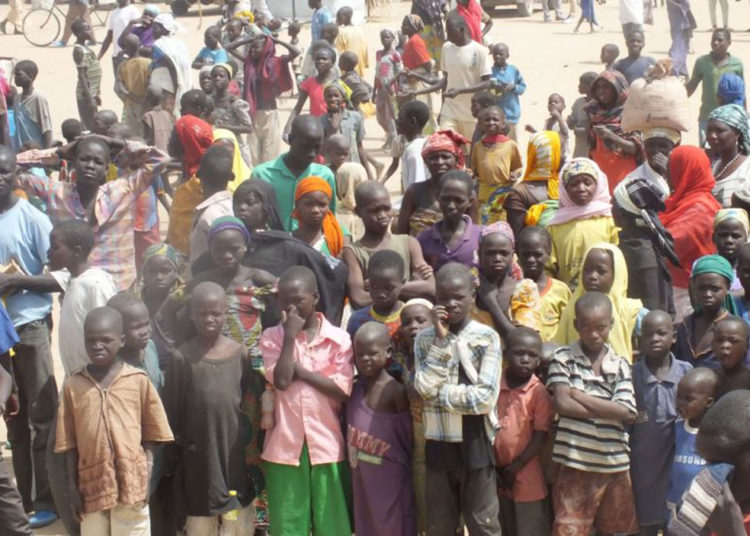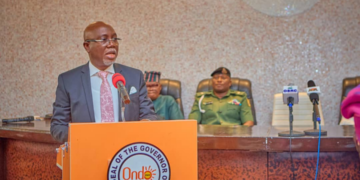Federal government has tasked the National Humanitarian Coordination Technical Working Group (NHCTWG) and stakeholders to develop a robust methodology for the development of National Action Plan (NAP) for the implementation of the Internally Displaced Persons (IDPs) policy.
The minister of humanitarian affairs, disaster management and social development, Sadiya Umar Farouq gave the charge during the 5th NHCTWG meeting in Abuja.
To promote inclusiveness and ensure that no one is left behind, Farouq stressed that the ministry is imbibing and leading relevant partners to commence the process of developing a National Action Plan to drive its implementation and successful operationalization in line with international best practices.
Represented by the permanent secretary, Dr Nasir Sani Gwarzo, the minister said the development of the framework became imperative owing to the need to close an existing gap where humanitarian interventions in conflict situations tend to prioritize saving lives, alleviating stress, and providing relief materials.
“It is a common knowledge that even when humanitarian actions seek to achieve long-term solutions to violence, persecution and displacement, such efforts often were observed to be ignored and less emphasis placed on how those solutions affect or are affected by the overall development programmes of governments.
“The plan is presently undergoing internal fine-tuning after which it will be formally presented to harvest members’ input in the preparation of the implementation plan. You will be receiving further updates on the plan in the course of today’s proceedings,” she added.
Also, the deputy head of Office, United Nations Office for the Coordination of Humanitarian Affairs (UNOCHA), Esty Sutyoko, commended the ministry for the IDPs policy.
Sutyoko said the ministry has filled a critical need in being the focal ministry in charge of humanitarian affairs in Nigeria since its inception and has taken steps towards the attainment of its vast mandate, which includes the development of humanitarian policies, and provision of effective coordination of national and international humanitarian interventions.
“In the Northeast, and indeed, other parts of Nigeria, millions of people are facing the painful consequences of deteriorating security, which culminates in displacements, insecurity, and violence due to armed groups,” she added.





